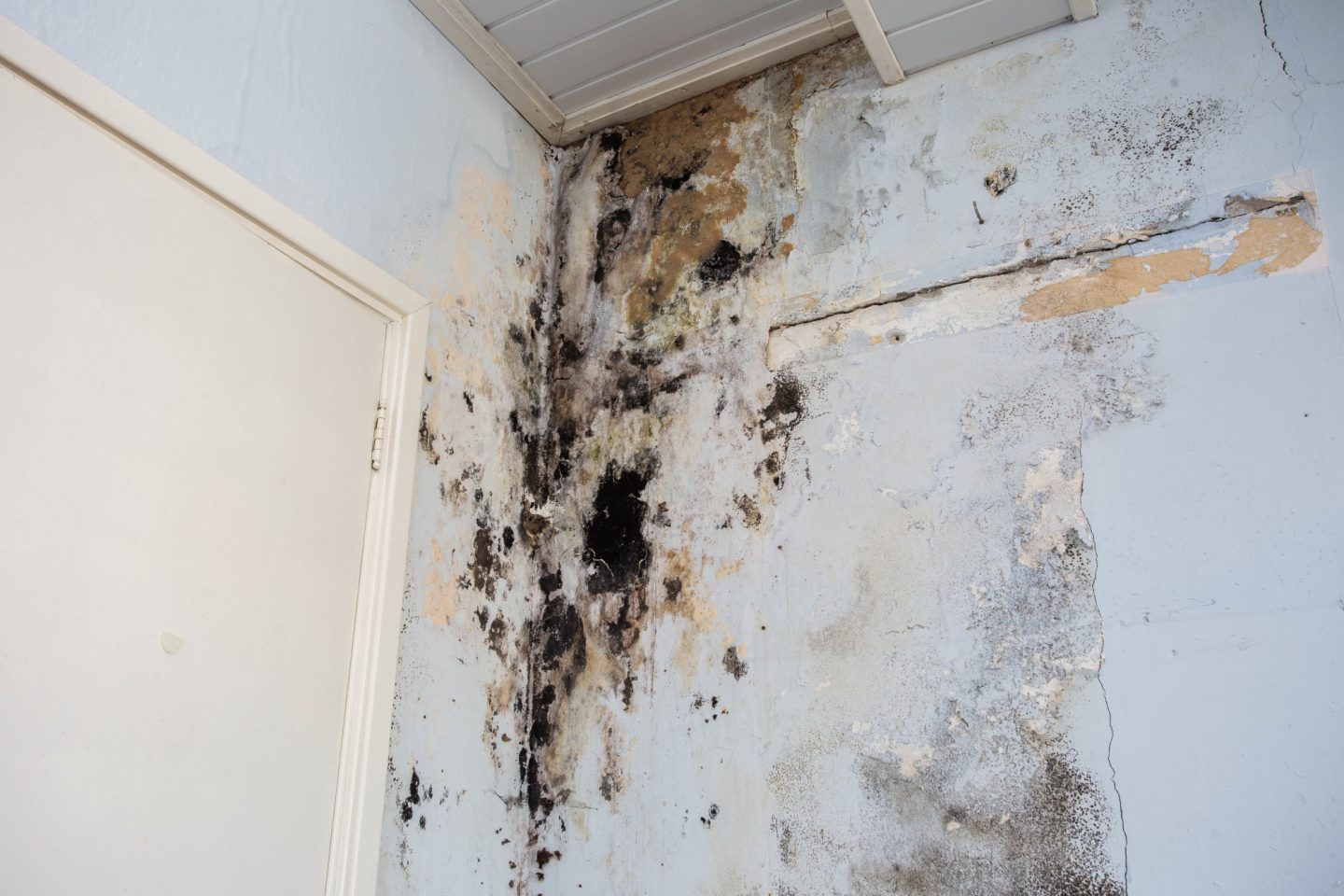How To Use Your Renter's Insurance Coverage To Deal With Mold Damage?
Tenants must understand what the renter's insurance covers during mold damage when seeking protection for their property.
Jan 03, 20254.3K Shares97.7K Views

In many rental properties in New York, mold growth has become a primary problem, causing property damage, personal belongings damage, and health issues. Tenants must understand what the renter's insurance covers during mold damage when seeking protection for their property. Let's explore how the renter's insurance interacts with mold-related issues.
When Does Renters Insurance Cover Mold?
Does renters insurance cover moldif the mold has occurred due to any covered peril on personal property? Yes, the renter's insurance would quickly cover it. Thus, it becomes essential to review your policy to understand what perils are covered and to what extent mold damage can be reimbursed. The list of covered perils is specific to certain events, such as:
Water Damage From Plumbing Issues
If the water damage had occurred due to burst pipes or leakage in the air conditioning system, which triggered mold growth, then the renter's insurance would cover these damages to the personal belongings.
Fire And Associated Water Damage
Firefighters use water to extinguish the flames of a sudden fire breakout, which leads to flooding or water accumulation. Thus, if the aftermath of a fire leads to mold growth, it would be covered by the renter's insurance, but you have to show proof that the personal belongings were damaged by the mold and not due to the occurrence of the fire.
Windstorms And Resulting Water Intrusion
A heavy storm or hurricane can lead to a wind storm, allowing water to enter your rental unit. This triggers the growth of mold, and insurance covers these damages.
When Is Mold Not Covered By Renters Insurance?
Below are the following scenarios when the insurance does not cover mold:
Negligence Or Poor Maintenance
If the tenant fails to maintain the property properly and mold develops as a consequence, the renters' insurance does not cover it. The most typical problems, such as addressing leakage and maintaining proper ventilation, are a few situations that deny coverage.
Flooding From External Sources
If mold has occurred due to external flooding, such as heavy rain or storm surges, the standard renter's insurance policy does not cover it does not cover these. Instead, you have to file for a separate flood insurance policy, which would cover the water as well as mold damages.
Pre-Existing Conditions
If mold existed before the inception of the renter's insurance policy, it wouldn't be covered. So, before you move into a new place, you have to inspect the property and assess the mold growth. You also have to address the issue with the landlord.
Landlord Responsibilities
The renter's insurance would cover the personal damages to the property, but the landlord also must ensure that the property's structure is secured. If the mold growth has occurred due to structural issues, then it is the landlord's responsibility to address and remediate it. So, if the mold damage has affected your personal belongings, then the renters' insurance would take responsibility for this item, but the one condition that has to be met is that the mold must have resulted from a covered peril.
Summing It Up
You can also opt for proper maintenance and inform the landlord immediately about any leakage conditions to prevent mold. There should be adequate ventilation and a proper exhaust fan in the bathroom and kitchen. Also, consult with experts at zicklincontracting.comfor immediate mold remediation.
Latest Articles
Popular Articles